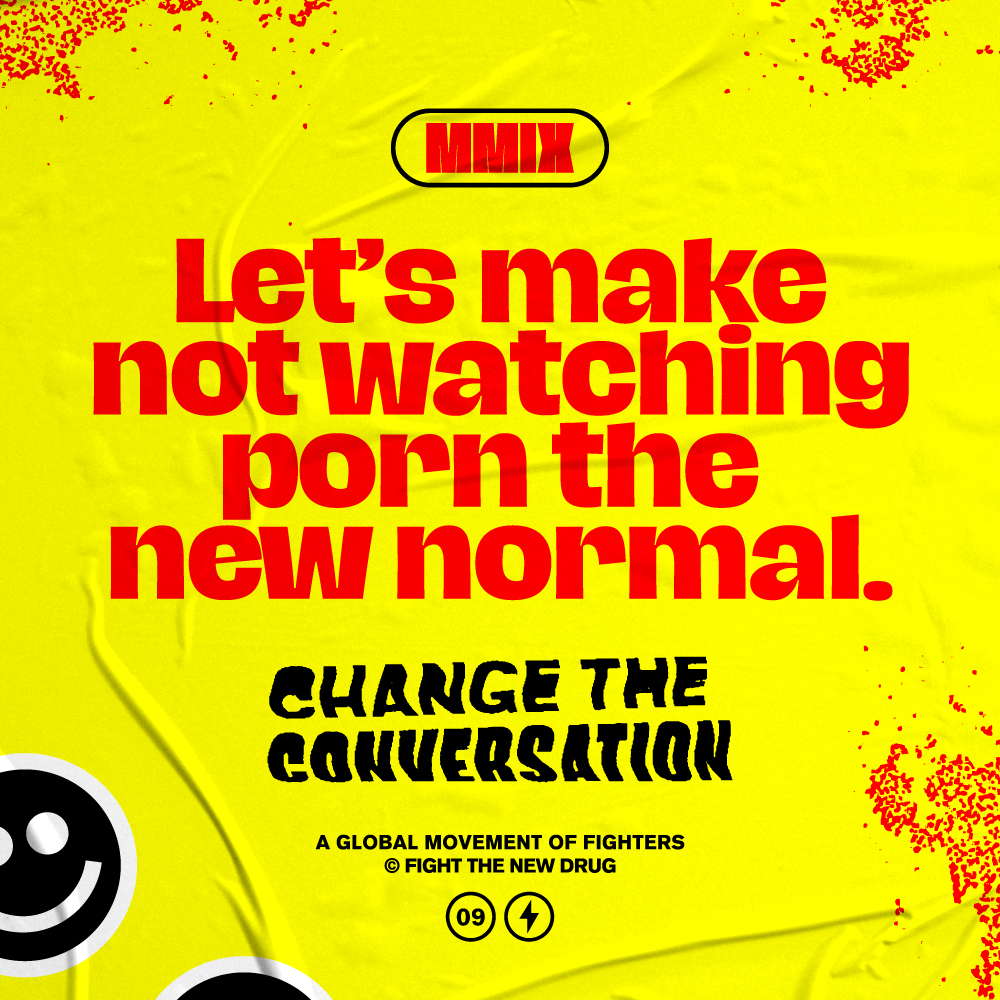You know the feeling: you just want to chill and watch a show, so you scroll through Netflix, hopping from one thumbnail video clip to another. Not even sure what you want exactly, you eventually settle for something you’ve seen all the way through at least 5 times.
This “endless Netflix scroll effect” reveals the paradox of our time—there are so many options available to us in any given category that the decision to choose gets more difficult. There are too many shows to start binging—so, tired of scrolling, we just restart The Office.
It is widely noted that Millennials and Gen Z’ers are plagued with boredom in a way previous generations were not. VICE describes this plague as “a boredom born from a glut of options rather than an absence.”
Options, stimuli, variety, and newness bombard us from our smartphones and laptops. If we want to cook something, millions of recipes populate our search results. If we want to find info on a current event, endless opinions get our attention on social.
And more intensified than all these things is how porn has evolved.
Sexual boredom in a world of excess
Online porn has saturated our sexual market in a way previous generations wouldn’t have been able to comprehend.
At any moment, a teen or 20-something in 2020 can access online sexual media content to satisfy literally any sexual curiosity—even the violent ones. The options far exceed Netflix, seeing as the porn industry produces an insane amount and variety of content.
But even with this endless sexual menu, somehow Millennials and Gen Z’ers are sexually bored.
Research shows that younger generations are having significantly less sex than their predecessors. This could be attributed to a number of factors, but is it possible that part of the issue is that “boredom born from a glut of options?” It’s entirely possible.
Studies have shown again and again that people who regularly consume porn are more likely to have less satisfying sex lives, less sex in general, and sometimes no sex at all. Consumers’ neural pathways are rewired and redirected by the heightened stimulus of porn, making real-life sex seem boring in comparison. And not only that—because of the addictive nature of porn, a consumer’s brain requires more extreme content in order to release the same level of feel-good dopamine. So consumers often seek out more hardcore porn because even the porn they watch gets boring.
And just like with Netflix or Instagram, you can scroll through an endless array of options on Pornhub, overloading the sexual decision-making process. And the result when there are too many options? None of them seem fulfilling.
Not knowing how to be bored
The evidence is everywhere that a sea of options only makes us restless and unfulfilled. Millennials and Gen Z’ers are more likely to be perpetually bored with life in general, despite having more access to activity and stimulation than in any previous era.
And behind the curtains of our smartphone obsession, we suffer from serious “phone boredom,” scrolling and clicking through everything on our phones and social media but finding none of it actually interesting.
Unsure how to live in moments of “emptiness”—when nothing is scheduled or happening—our generation has “not substituted boredom with constant engagement, but rather with distraction,” as Davin O’Dwyer writes in an Irish Times piece about smartphones and boredom.
And there is another factor driving people to porn in the 21st century.
With any hint of boredom or dissatisfaction, porn consumers look for ways to fill the void. Every day, people navigate to porn sites just to get turned on, not necessarily because they already were. Unable to tolerate idleness, many people develop porn habits as a way to unwind after a day of work or study.
The irony here is that porn doesn’t actually relieve tension, satisfy boredom, or fulfill an angsty mind. In fact, it can lead to further isolation, restlessness, and depression. Basically, porn makes the boredom plague worse.
The baseline among younger generations is to be over-stimulated by activities, plans, social media, Netflix, and 5 types of media trying to get your attention at any moment. Studies show this generation is already having a difficult time connecting in meaningful ways with real people, including with romantic partners. If someone turns to porn to alleviate feelings of distress or restless boredom, they risk harming real relationships in their lives even more—which further fuels isolation.
On top of that, “detoxing” with porn just deepens sexual boredom—once the immediate sexual high wears off, consumers are just as restless as before. And all the while, the sexual template is being hijacked and twisted to find meaningful, loving, relationship-centered sex unsatisfying. See how troubling this cycle is?
Resisting the urge to fight boredom with stimulation
Solving the 21st-century boredom plague will take a lot of thought and intentionality, and it isn’t as simple as ditching porn. Making informed choices about what you use to fill your time and mind can help the process.
Consider the effects of porn in your own life. Has it alleviated feelings of restlessness, angst, and boredom long-term? Or has it just perpetuated the cycle?
Real love, friendship, romance, and meaningful engagement in the world around you—that’s what replaces boredom with fulfillment. Porn is the opposite of all those things. Next time you feel bored, try turning to and investing in something real. It’s worth the effort. And next time you feel sexually bored in your relationship, try starting honest, loving dialogue with your partner that is centered around trust and commitment. Whatever issues your relationships may have, porn will likely make them worse.
Avoid falling prey to the unhealthy scripts written for you. Choose mindfulness over distraction. Choose the real over the fake. Choose a pause and a breath over the impulse to find an instant stimulus. Choose connection over porn. Life will only get more fulfilling.

Your Support Matters Now More Than Ever
Most kids today are exposed to porn by the age of 12. By the time they’re teenagers, 75% of boys and 70% of girls have already viewed itRobb, M.B., & Mann, S. (2023). Teens and pornography. San Francisco, CA: Common Sense.Copy —often before they’ve had a single healthy conversation about it.
Even more concerning: over half of boys and nearly 40% of girls believe porn is a realistic depiction of sexMartellozzo, E., Monaghan, A., Adler, J. R., Davidson, J., Leyva, R., & Horvath, M. A. H. (2016). “I wasn’t sure it was normal to watch it”: A quantitative and qualitative examination of the impact of online pornography on the values, attitudes, beliefs and behaviours of children and young people. Middlesex University, NSPCC, & Office of the Children’s Commissioner.Copy . And among teens who have seen porn, more than 79% of teens use it to learn how to have sexRobb, M.B., & Mann, S. (2023). Teens and pornography. San Francisco, CA: Common Sense.Copy . That means millions of young people are getting sex ed from violent, degrading content, which becomes their baseline understanding of intimacy. Out of the most popular porn, 33%-88% of videos contain physical aggression and nonconsensual violence-related themesFritz, N., Malic, V., Paul, B., & Zhou, Y. (2020). A descriptive analysis of the types, targets, and relative frequency of aggression in mainstream pornography. Archives of Sexual Behavior, 49(8), 3041-3053. doi:10.1007/s10508-020-01773-0Copy Bridges et al., 2010, “Aggression and Sexual Behavior in Best-Selling Pornography Videos: A Content Analysis,” Violence Against Women.Copy .
From increasing rates of loneliness, depression, and self-doubt, to distorted views of sex, reduced relationship satisfaction, and riskier sexual behavior among teens, porn is impacting individuals, relationships, and society worldwideFight the New Drug. (2024, May). Get the Facts (Series of web articles). Fight the New Drug.Copy .
This is why Fight the New Drug exists—but we can’t do it without you.
Your donation directly fuels the creation of new educational resources, including our awareness-raising videos, podcasts, research-driven articles, engaging school presentations, and digital tools that reach youth where they are: online and in school. It equips individuals, parents, educators, and youth with trustworthy resources to start the conversation.
Will you join us? We’re grateful for whatever you can give—but a recurring donation makes the biggest difference. Every dollar directly supports our vital work, and every individual we reach decreases sexual exploitation. Let’s fight for real love:




